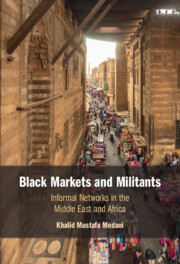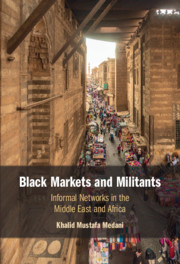Popular protest, which repeatedly occurred in Communist regimes, turned into massive mobilizational waves in the late Communist period. Why did some protests result in state cooptation and particularist nationalism (Yugoslavia and the Soviet Union), and others in state-society polarization (Poland) and protest containment (China), when these states shared important historical, political, and institutional legacies? Political regimes with origins in indigenous popularly-based revolutionary movements are more resilient to popular protests and other major crises than other authoritarian regimes. Protracted ideological armed struggle largely overlaps with broader patriotic causes, such as liberation wars or struggles against foreign intervention. The revolutionary regimes thus acquire patriotic credentials, while boundaries between partisan and patriotic identities become blurred, which strengthens their elite unity and popular base. Popular protests thus facilitate a complex political game of old and new actors that may result in regime survival or transformation. In other regimes, popular unrest tends to produce state-society polarization and, ultimately, regime delegitimation and breakdown. Popular contention in complex multinational institutional settings, if there is no major external threat, highlights old and triggers new conflicts along these structural and institutional divides and, where dual political identities prevail, facilitates identity shifts in particularist direction.



